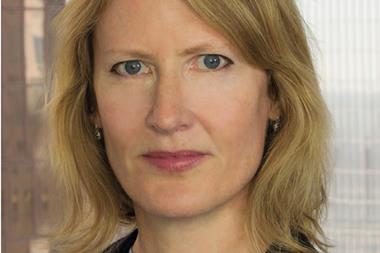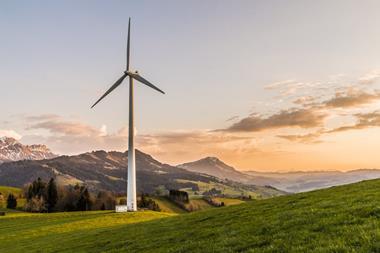The pace of decarbonisation accelerated in advanced economies in 2023, but emerging markets as a whole failed to make any progress, Fitch Ratings has said.
The ratio of emissions-to-GDP fell by just over 1%, it said, as a 6% improvement in the energy efficiency of GDP was offset by a 4.7% increase in GDP and CO2 emissions in a 10-strong group of emerging market countries.
“Neither energy efficiency nor the carbon intensity of energy showed any improvement, the worst performance in over a decade,” said Fitch.
The lack of progress in decarbonisation in emerging markets was particularly concerning, said the rating agency, given their faster GDP growth and rising share of global energy consumption.
According to the rating agency, the group of 10’s share in global energy consumption rose to 64% in 2023, up by 25pp since 2000.
“One of the reasons for emerging markets’ poor performance is underinvestment in clean energy projects, especially in emerging markets excluding China,” Fitch said. “Most of the recent growth in global clean energy investment has been in advanced economies and in China.”
According to some, ESG investment strategies are inadvertently discouraging investment in emerging markets and developing economies. Last month investor groups backed a report calling for asset managers to review their ESG investment strategies to ensure this didn’t happen.
At the same time, some asset owners have been cutting their exposure to emerging markets. In the Netherlands, Dutch civil service scheme ABP, BpfBouw, and KPN are doing so.
ABP has said it wants to free up money for additional impact investments in the Netherlands, while construction scheme BpfBouw said emerging markets were more exposed to “disruptions in the global trading system” and physical climate risks.
Wiltshire Pension Fund, meanwhile, is among a group of institutional investors that has committed to investing $400m (€369m) in emerging markets transition debt, via a strategy managed by investment firm Ninety One.
The latest digital edition of IPE’s magazine is now available






















